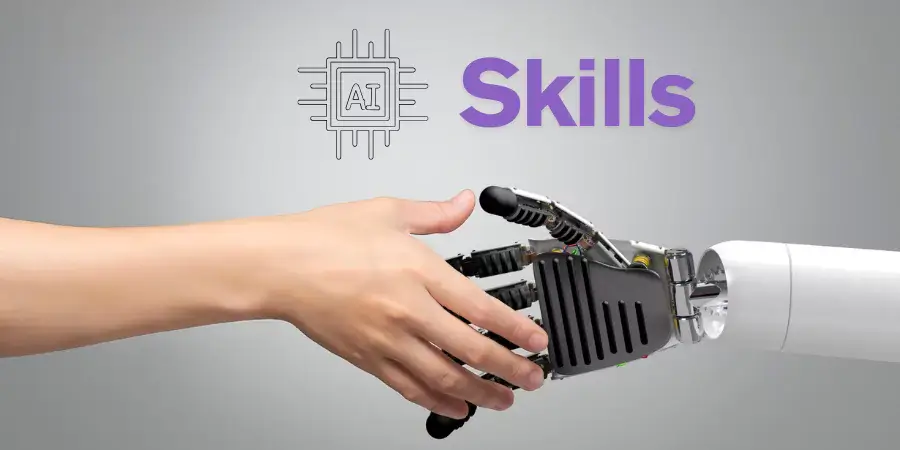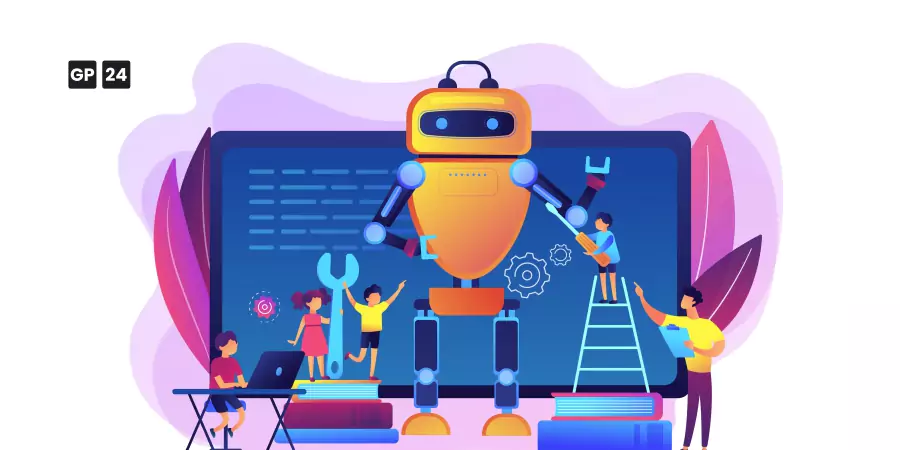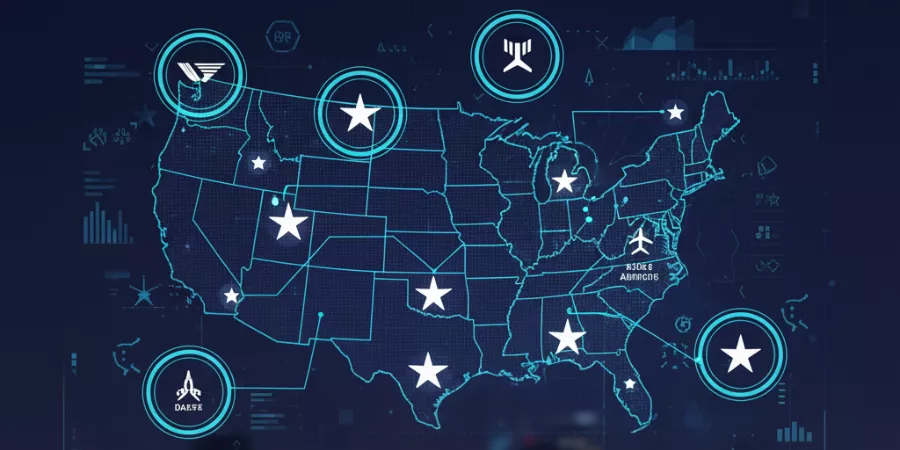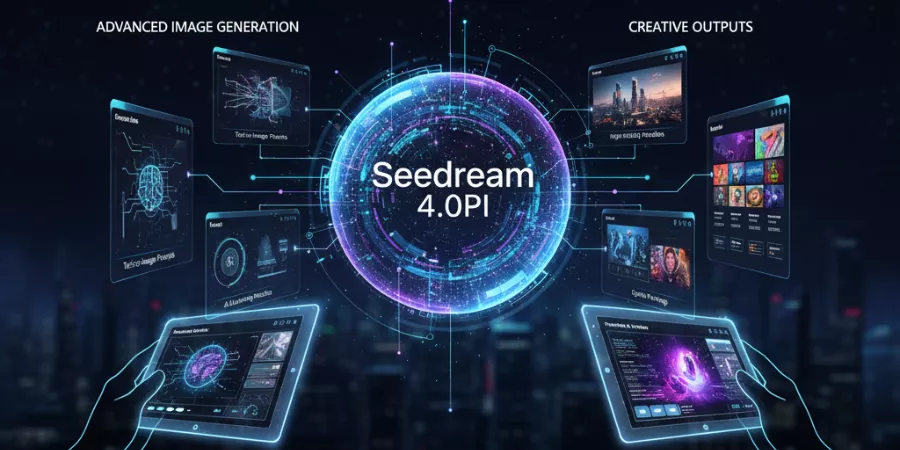Artificial intelligence is revolutionizing industries, but success in this field isn’t just about technical expertise. While coding, data analysis, and machine learning models are essential, AI professionals also need soft skills to navigate complex problems, collaborate with teams, and communicate insights effectively. Without these skills, even the most technically gifted professionals may struggle to make a meaningful impact. This guide explores the most crucial AI skills and soft skills that can elevate an AI expert’s career.
Critical Thinking: Making Sense of Complex Problems
AI thrives on data, but professionals must know how to interpret it wisely. Critical thinking enables AI experts to assess models, detect biases, and ensure ethical decision-making. It’s not enough to rely on algorithms—understanding the “why” behind AI outputs is crucial. Without this skill, even the most advanced systems can produce misleading or harmful results.
A critical thinker will question the data sources, challenge assumptions, and refine models to ensure fair and effective outcomes. AI professionals who can analyze and evaluate information beyond surface-level findings bring immense value to their teams and organizations.
Effective Communication: Bridging the Gap Between AI and People
The best AI solutions mean little if they can’t be explained to stakeholders. Whether it’s presenting findings to executives, collaborating with data scientists, or simplifying technical jargon for non-experts, communication is a key AI skill.
Strong communication fosters teamwork, ensuring that different departments—such as marketing, product development, and customer support—can effectively use AI-driven insights. Instead of overwhelming people with technical terms, successful AI professionals simplify information to make it actionable, which leads to better adoption and trust in AI technologies.
Adaptability: Keeping Pace with a Fast-Changing Industry
AI is an ever-evolving field. Adaptable professionals can keep up with new technologies, frameworks, and ethical considerations without feeling overwhelmed. Adaptability also means being open to feedback, adjusting strategies when needed, and learning from failures.
For instance, companies that once relied on rule-based AI are shifting toward deep learning and neural networks. An AI expert who resists change may struggle to stay relevant, while an adaptable one will continuously learn and innovate. Being flexible in mindset and approach allows AI professionals to remain valuable assets.
Collaboration: Working Seamlessly in Teams
AI is not a solo endeavor—it involves cross-functional teams, from data engineers and business analysts to product managers and end-users. Successful AI professionals know how to work within teams, leverage different perspectives, and integrate feedback into their models.
Collaboration ensures AI solutions align with real-world needs rather than being purely theoretical. For example, an AI model predicting customer behavior is more effective when data scientists work closely with marketing teams to refine the inputs and interpret results.
Ethical Awareness: Building Responsible AI
AI decisions impact people’s lives, from loan approvals to medical diagnoses. Professionals must be aware of the ethical implications of their work, ensuring fairness, transparency, and accountability. Ethical awareness involves questioning biases in data, protecting user privacy, and ensuring AI applications align with human values.
Companies like Intuit prioritize responsible AI by implementing guidelines to minimize bias and improve transparency in financial decision-making. AI professionals with a strong ethical foundation can help prevent discrimination, data misuse, and unintended negative consequences, making AI safer and more beneficial for society.
While technical expertise is essential in AI, soft skills set top professionals apart. Critical thinking allows for better decision-making, communication ensures insights are understood, and adaptability helps keep up with rapid changes. Collaboration makes AI solutions more effective, and ethical awareness ensures responsible innovation. As AI continues to shape the future, professionals who cultivate these skills will have the most significant impact, creating AI systems that are powerful but also ethical, inclusive, and user-friendly.
















